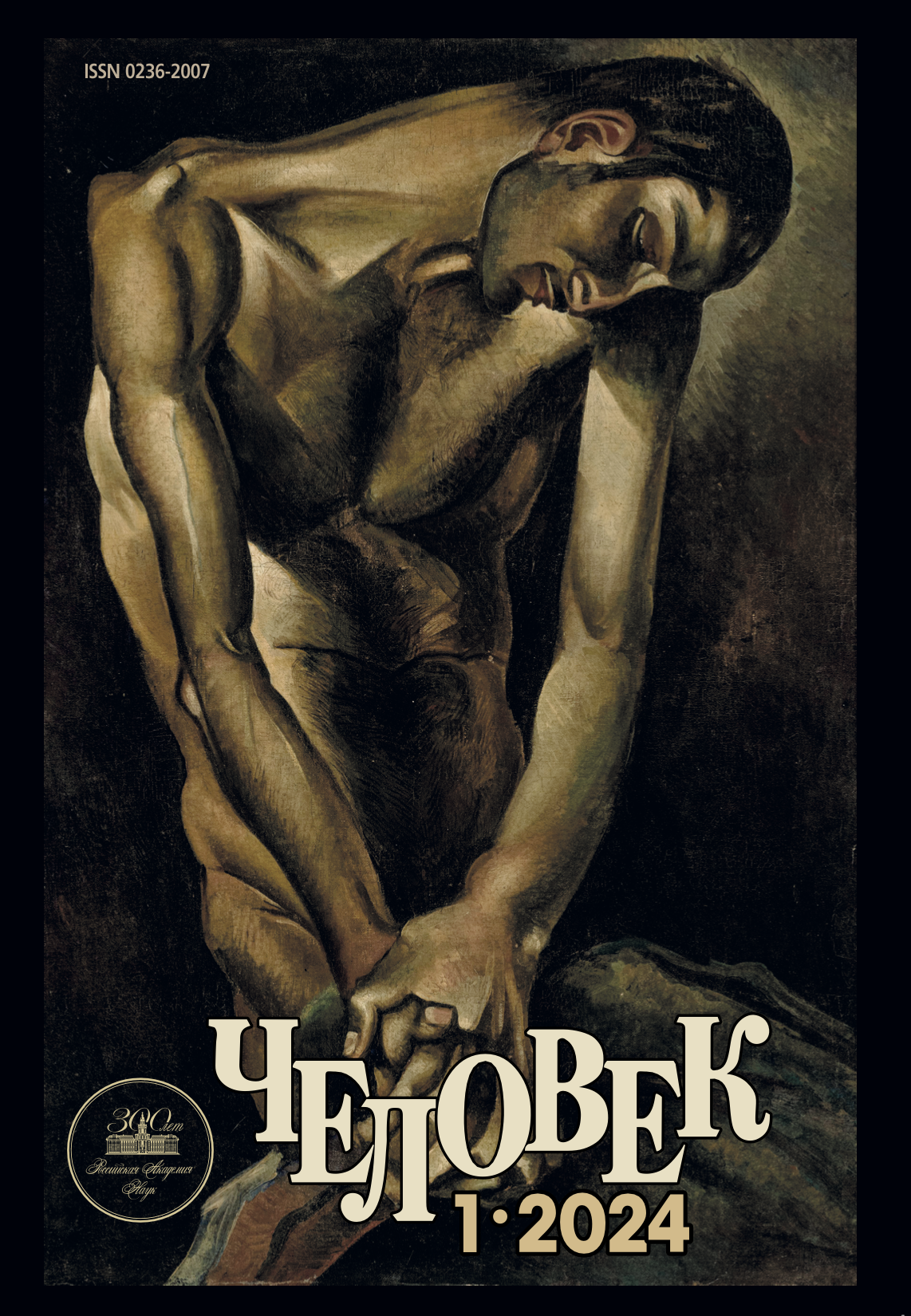Apophatic Turn in Anthropology: The Experience of Russian Philosophy
DOI:
https://doi.org/10.31857/S0236200724010038Keywords:
modern anthropological theories, apophatics, apophatic anthropology, Russian philosophy, ethics, theology, the mystery of human, “hidden human”, F.M. Dostoevsky, A.P. PlatonovAbstract
The article notes that after the relatively short “death of human,” there is a noticeable increase in research attention to anthropological issues. With all the variety of different approaches, ideas, concepts, the common thing is the interest in the “inner human”, the “secret of human”, in his innermost spiritual layers. This traditional interest in philosophy today is gaining a new birth, connected, on the one hand, with the need to overcome the anthropological crisis, and on the other, with a deeper development of the heritage of Russian philosophical culture. Modern researchers in the field of philosophical anthropology often use the term “apophatics” in relation to this process. A distinction is made between the theological and strictly philosophical uses of apophatic terminology. It is shown how the tradition of apophatic anthropology is formed in Russian philosophy, which is based around the idea of F.M. Dostoevsky about human as a mystery. This idea has been adopted by many authors. Using the example of someconstructions by N.N. Strakhov, V.I. Nesmelov, B.P. Vysheslavtsev, N.A. Berdyaev, V.V. Zenkovsky, L. Shestov, V.V. Rozanov, it is being demonstratedhow apophatic anthropology is transformed into moral anthropodicy, which can be called a typological characteristic of Russian philosophy. Particular attention is paid to the anthropology of the “hidden human” of Andrei Platonov, in whose work there is a radicalization of the apophatic nature of human from the “silent mystery of being” to the irresponsibility of the question about the meaning of life. It is concluded that apophatic anthropology makes possible the elusive connection between ethics and metaphysics in Russian philosophy, thereby setting a new research perspective.






